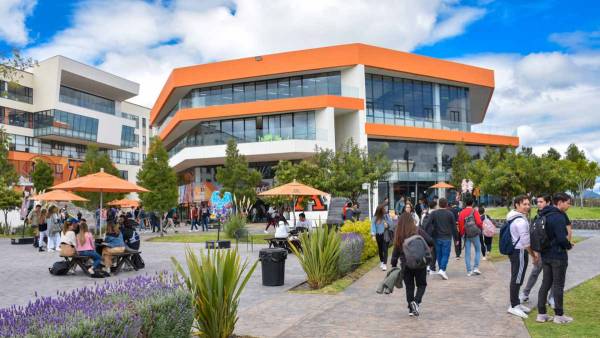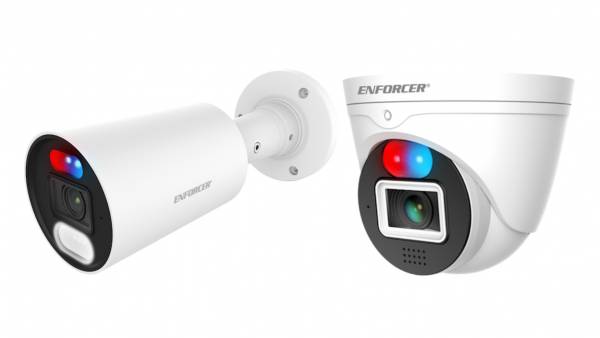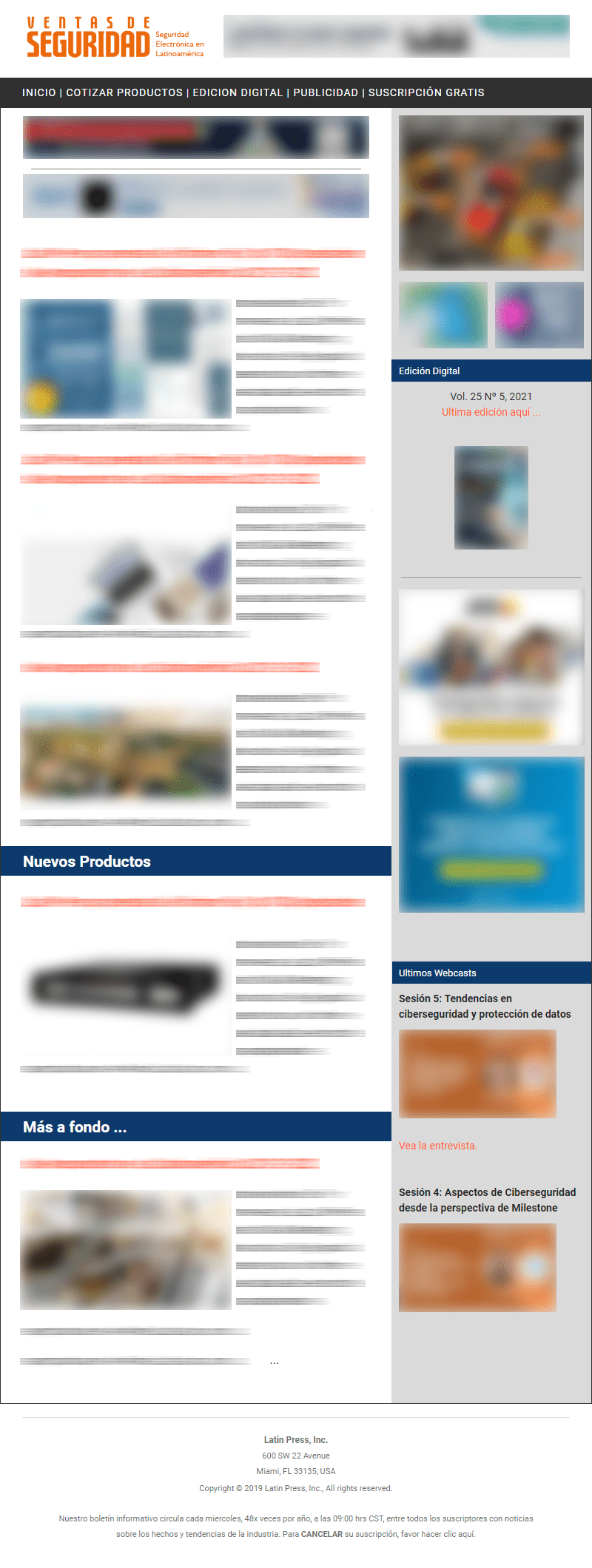Colombia. The measure comes in response to possible regulatory changes by the DIAN, the entity that exercises customs authority in Colombia.
The plan of the operator, ZFB Group, is to optimize the operation of the PICIZ management system. In addition, there will be training in the new legal provisions, as well as in the use of the Internationalization Laboratory that the entity has.
"The Bogota Free Trade Zone seeks to contribute with technological mechanisms such as interoperability, operational automation, automation of customs controls and streamlining logistics with emerging technologies. Thus, the objective will be that the implementation of the new regulations has the least possible impact on the logistics times and costs of the free zones", said the general manager, Diego Vargas.
Management Platform
PICIZ is a system used by 57 of the 122 free trade zones currently in Colombia. This platform has an ecosystem for the administration of free zones and industrial parks that is already internationally recognized, thanks to its ability to adapt to the needs of different customs and free regimes.
"The company has considered making substantial investments in this system. Among the most important are the updates required by Decree 1165, such as the automation of operational processes, control panels for foreign trade operations, among others. This includes the use of instruments in entry and exit operations, as well as for the export of goods", added the General Manager of the Bogota Free Trade Zone.
Advance Declarations with PICIZ
It has also known that the entity is working to create more agile and secure ways to receive goods with advance declarations of entry. The intention is that the required information will be automatically sent to the PICIZ system through interoperability or bots.
This would help anticipate the arrival of vehicles and make it easier to complete goods movement forms and check business rules to authorize forms in the so-called ZFBot.


























Leave your comment